Nonnative Zebra Mussels Found in Canyon Lake
Wednesday, July 5th, 2017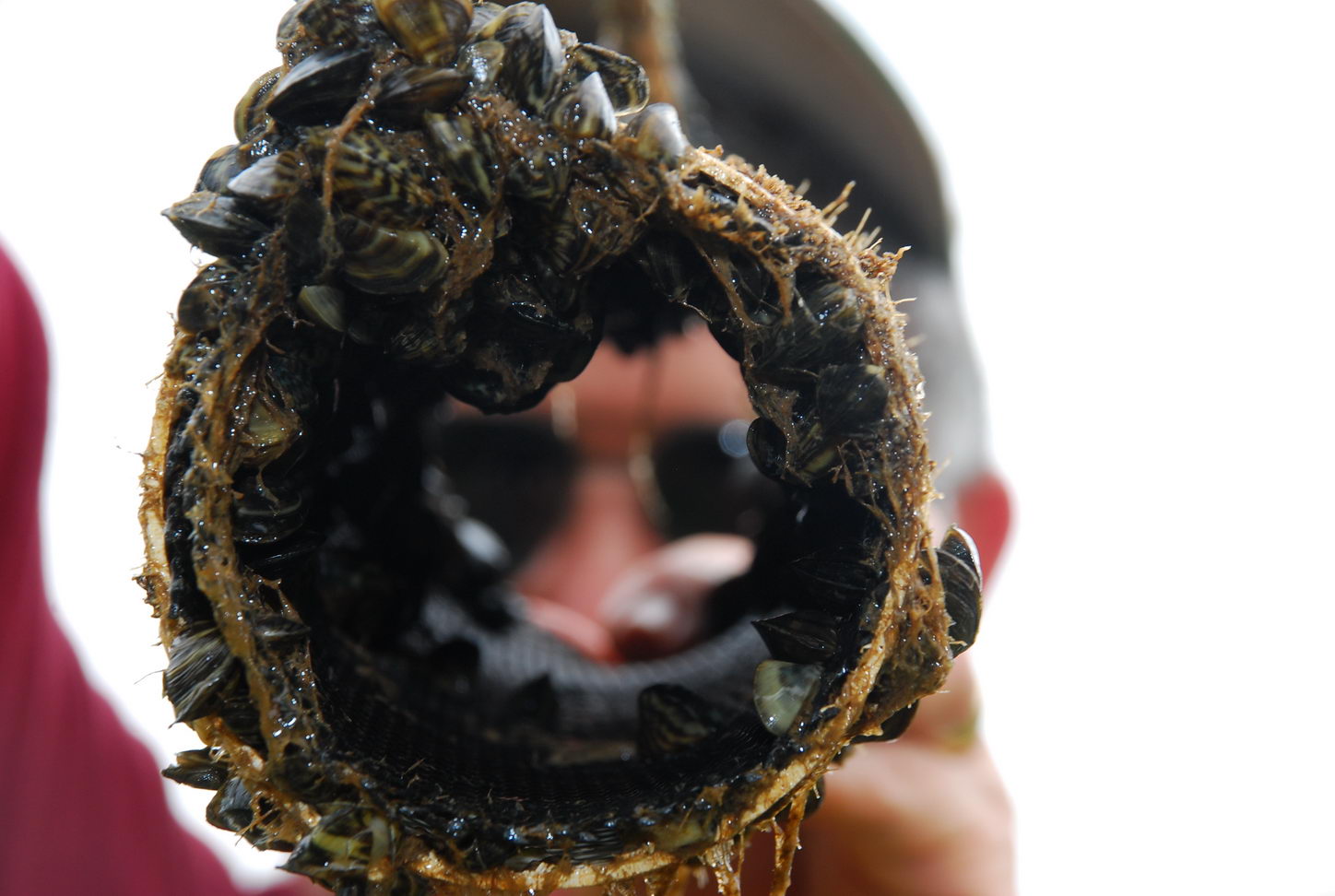
Zebra mussels can clog water pipes, cooling intakes on boat motors, and almost anything else left in the water in infested lakes. Image by Larry D. Hodge
This is Passport to Texas
Zebra mussels have high reproductive capabilities.
And then they also have the capability of attaching themselves to pretty much any hard substrate or surface found within the waterbodies.
Nonnative zebra mussels can have serious economic, environmental and recreational impacts. Biologist Brian Van Zee says 10 Texas Lakes are fully infested and another five are positive.
The ones that are listed ‘infested’ mean that they actually have a viable breeding population within the lakes. The lakes that are ‘positive’ are lakes where we have documented zebra mussels or their larvae on more than one occasion. So, we know they’re present, but we may not have been able to fully verify whether or not they’re reproducing.
Zebra mussels can clog public water intakes, and damage boats and motors left in infested waters. In June, they were discovered in Canyon Lake.
We know that the zebra mussels in canyon lake are a result of a contaminated boat that was brought and launched on the lake at some point in time. The other way the zebra mussels will spread and move in Texas is simply through their downstream movement of larvae. If you get a lake or a reservoir that’s on the upper portion of a river basin that becomes infested then, as water flows from those lakes and moves downstream, they will carry the larvae with them.
We can prevent the spread of zebra mussels when we clean, drain and dry our boats before leaving infested waters. More on that tomorrow.
The Wildlife and sport Fish Restoration program supports our series.
For Texas Parks and Wildlife…I’m Cecilia Nasti.

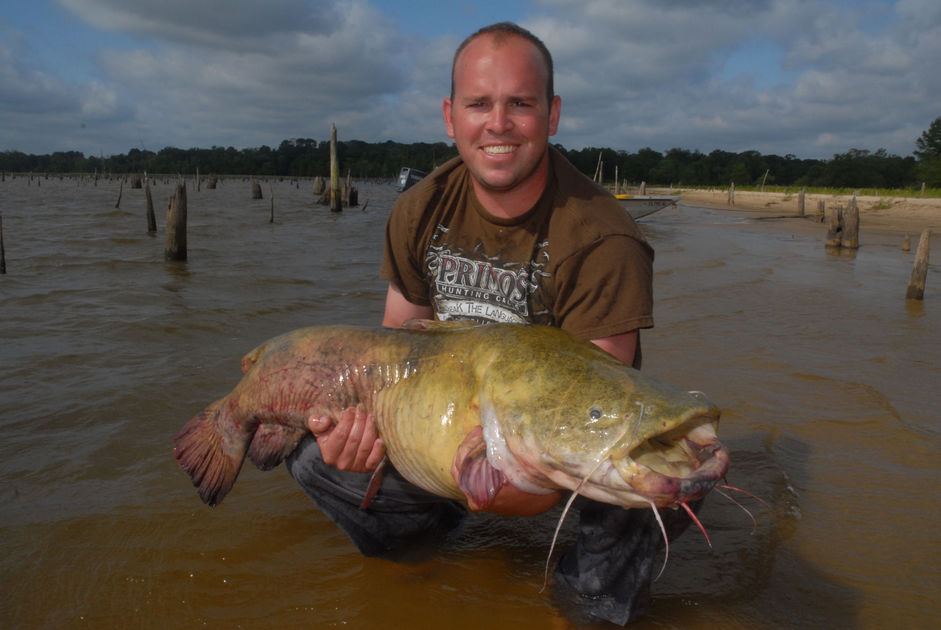
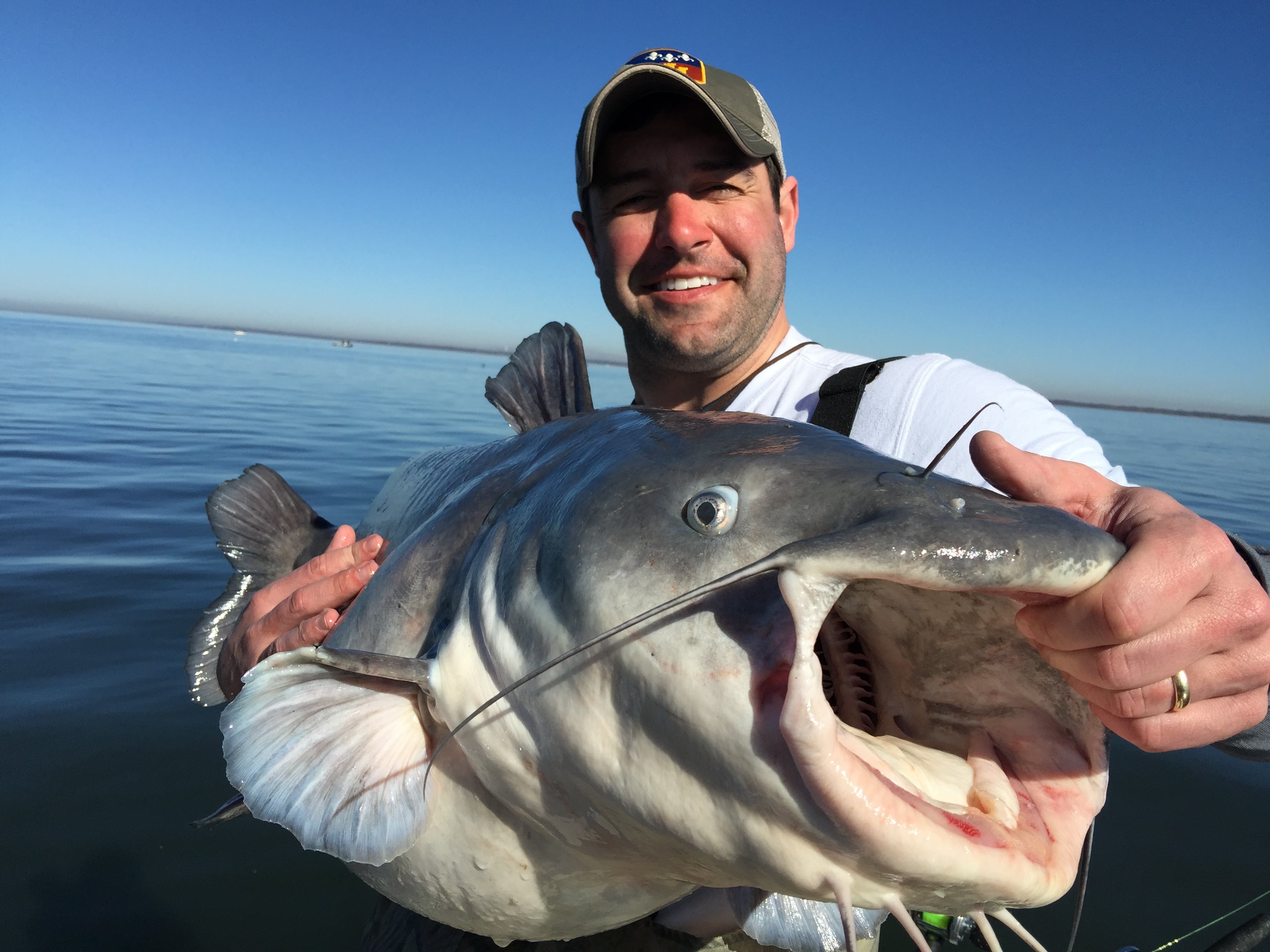
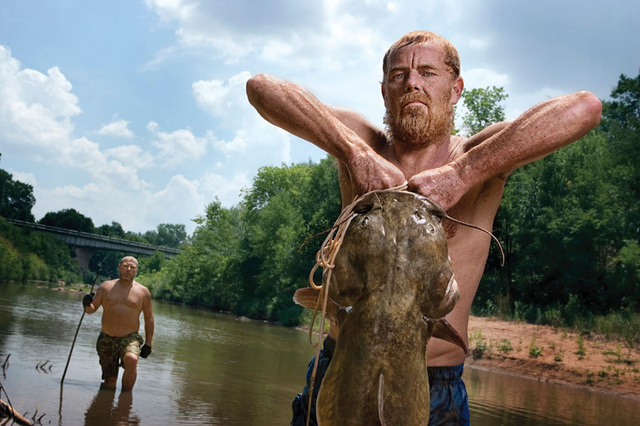
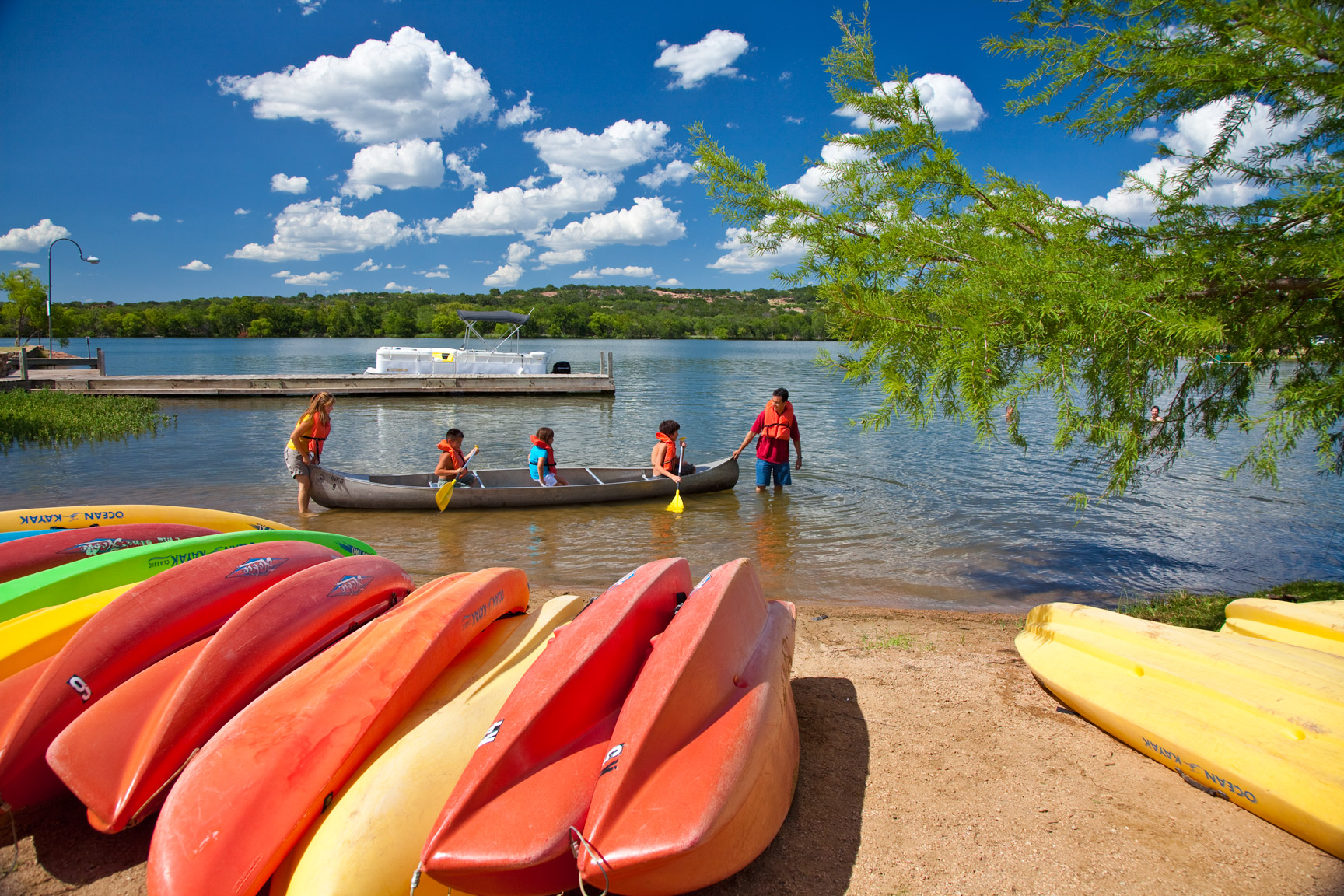

 Passport to Texas is a
Passport to Texas is a  Passport to Texas is made available by:
Passport to Texas is made available by: